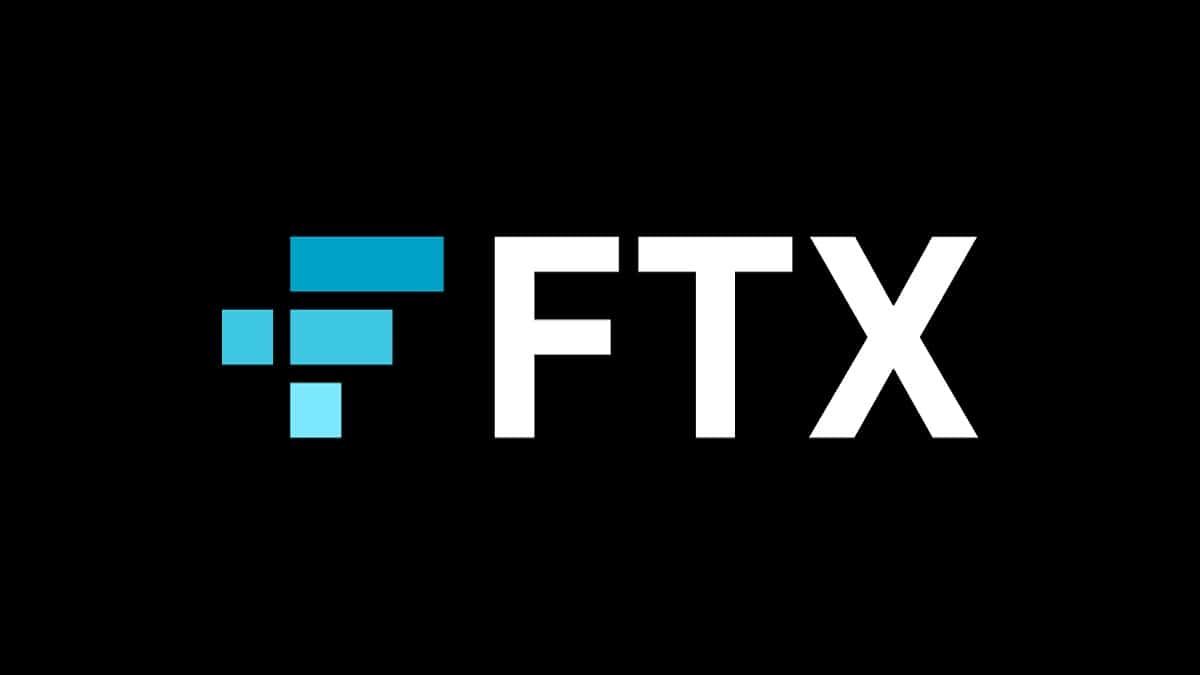The reorganization plan of FTX, the bankrupt crypto exchange, is facing legal hurdles from the U.S. Trustee and a group of creditors, which raises questions as to its implementation., This decision was made in light of a report that pointed to the fact that the plan had been approved by the creditors, with over 95% of them voting in favour of the plan.
FTX Restructuring Plan Faces Legal Hurdles
The US Trustee, Andrew R. Vara, has filed a complaint raising ten concerns regarding FTX’s amended reorganization plan. Vara’s chief concerns are the legal shield afforded to those involved in the bankruptcy process that is too generous, the smaller creditors being treated unfairly, and the refusal to disallow expenses incurred from a data breach that an estate service provider suffered.
The Trustee also claimed that the estate’s professionals have demanded millions of dollars to compensate them for attending to the breach, which Vara has emphasised should not be the estate’s responsibility.
Andrew R. Vara also complained about the distribution of the claims stating that small creditors will be paid less than the large ones. He says that the estate has enough money to compensate all the creditors in equal proportion and not depending on the amount they are owed. Similarly, he had concerns regarding the ‘umbrella’ provision of the plan, which extends immunity to more individuals and entities than is permissible under the pertinent statutes.
Creditors Seek In-Kind Reimbursements
Sunil Kavuri, a representative of the largest FTX creditor group, along with two others representing retail customers, filed a separate complaint. Kavuri’s objection was similar to the Trustee’s regarding the plan’s exculpatory provisions, saying that they violate controlling case law.
Kavuri also highlighted what he described as in-kind repayments, arguing that creditors should be allowed to receive their claims in the form of the lost cryptocurrency. According to him, this could help creditors avoid high taxes on cash receipts that are incurred when paying taxes.
The filing against the bankrupt crypto exchange also refers to the BlockFi bankruptcy case, in which some of the creditors were allowed to receive in-kind distributions with Coinbase’s help.
FTX Strong Creditor Support
Before the US Trustee filing, FTX had initially expressed positive sentiment towards its restructuring plan despite the legal issues despite the legal issues. The company stated that 95% of the creditors who voted supported the plan, equivalent to 99% of the creditors by claim value.
The firm’s CEO, John J. Ray III, was keen on this support, noting that with the proposed plan, the non-governmental creditors will be able to be fully compensated for their claim amounts with interest. Ray was optimistic that the plan would go according to schedule, that the money would be distributed to the creditors, and that the Chapter 11 process would be over.
However, the confirmation hearing for the FTX restructuring plan is set for October 7, 2024. Before the hearing, the bankrupt crypto exchange intends to submit the final voting results to the U. S. Bankruptcy Court for the District of Delaware.
Disclaimer: The presented content may include the personal opinion of the author and is subject to market condition. Do your market research before investing in cryptocurrencies. The author or the publication does not hold any responsibility for your personal financial loss.










✓ Share: